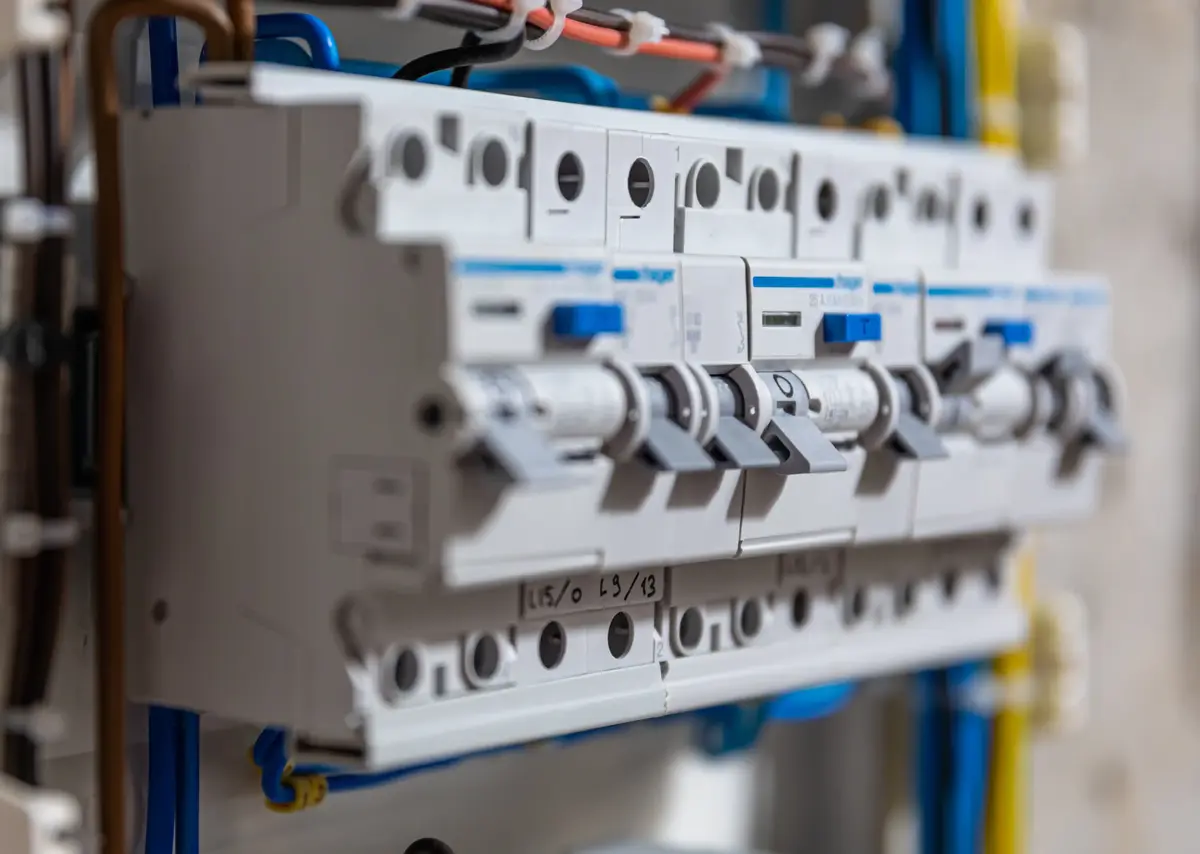Lightning & Electrical
15 Common Electrical Mistakes Homeowners Should Avoid

Common Electrical Mistakes Homeowners Should Avoid
Taking on DIY electrical projects can save money, but mistakes can lead to serious risks. Understanding common electrical mistakes will help you complete tasks safely and avoid hazards.
Common DIY Electrical Errors to Avoid
Misusing a Non-Contact Voltage Tester
Voltage testers are helpful but often misused. Always test your tester on a known live circuit before starting your project. Confirm the circuit is off and recheck the tester before proceeding.
Making Connections Outside Electrical Boxes
Exposed wires increase fire risks. Always place all connections inside a junction box to ensure safety and prevent wire damage.
Cutting Wires Too Short
Short wires make splicing difficult and increase fire risks. Add pigtails or use push-in connectors to extend wires safely.
Backstabbing Instead of Using Screw Terminals
Backstabbing wires into receptacle holes is faster but less secure. Wrap wires clockwise around screw terminals for better stability.
Reversing Hot and Neutral Wires
Improperly connected wires create shock hazards. Always connect the black wire to the brass terminal (hot) and the white wire to the silver terminal (neutral).
Skipping Cable Clamps
Leaving cables unsupported can damage insulation. Use cable clamps to secure wires and reduce fire risks.
Using Incorrect Wire Sizes
Wire gauge should match the circuit’s amperage. Use 14-gauge for 15-amp circuits and 12-gauge for 20-amp circuits to prevent overheating.
Overloading Circuits
Plugging too many devices into one circuit causes overload. Calculate circuit capacity and distribute heavy loads across separate circuits.
Stay Safe and Avoid Costly Mistakes
Avoiding these common electrical mistakes will help keep your home safe. For complex issues, consult a licensed electrician. Prioritizing safety ensures successful DIY projects without risks.
Explore more home improvement tips and updates on this website.
